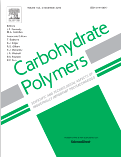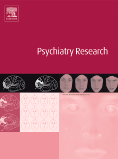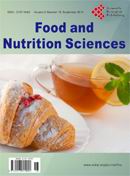 Earlier this year, a nutrition journal retracted an article about the potential dangers of eating food containing genetically modified organisms (GMOs), noting the paper contained a duplicated image.
Earlier this year, a nutrition journal retracted an article about the potential dangers of eating food containing genetically modified organisms (GMOs), noting the paper contained a duplicated image.
At the time, news outlets in Italy were reporting accusations that the last author, Federico Infascelli, an animal nutrition researcher at the University of Naples, had falsified some of his research.
Food and Nutrition Sciences has now updated its initial notice, saying the paper was pulled for data fabrication. In addition, Infascelli is no longer listed on its editorial board – he is included on an archived link to the editorial board from March 2016, but not on the current list of members.
Here is the updated version of the retraction notice for “Gamma-Glutamyl Transferase Activity in Kids Born from Goats Fed Genetically Modified Soybean:” Continue reading Retraction notice for GMO paper updated to include fraud
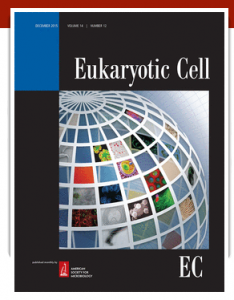
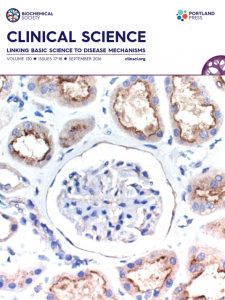
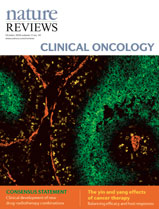
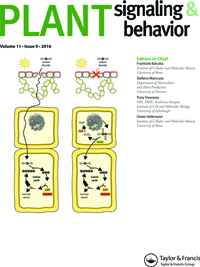 A few months ago, an author
A few months ago, an author 